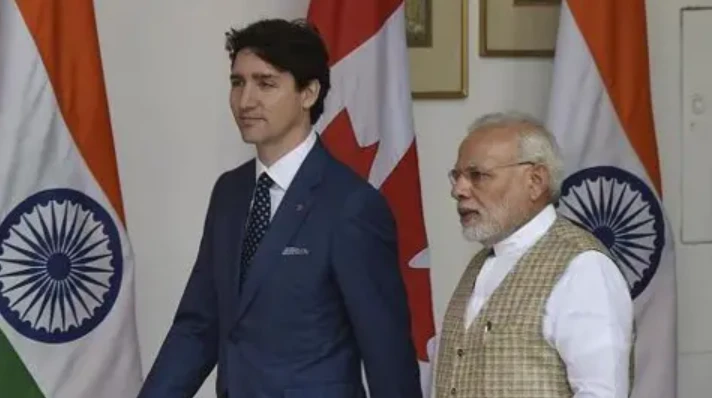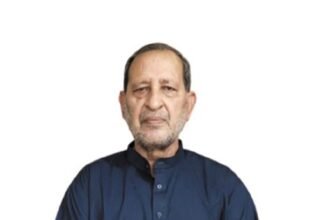**Allegations of Indian Involvement in the Killing of a Sikh Leader in Canada and Diplomatic Expulsions: “Indian Agents Used Bishnoi Gang”**
-
Diplomatic row erupts over Indian involvement in Hardeep Singh Nijjar’s assassination in Canada
-
Canada expels Indian diplomats, India retaliates by expelling Canadian diplomats
-
Canadian officials claim “irrefutable evidence” against Indian agents in Nijjar’s murder
-
Allegations surface of Indian diplomats exploiting their positions for criminal activities in Canada
-
Bishnoi Gang linked to Indian agents targeting Sikh separatists in Canada
-
India dismisses allegations as “ridiculous” and recalls its ambassador to Canada
-
Tensions escalate after accusations of Indian intelligence service involvement in plots against Sikh separatists
A new diplomatic row has erupted following allegations of Indian officials’ involvement in the murder of Sikh separatist leader Hardeep Singh Nijjar in Canada. This dispute escalated when the Canadian government ordered the Indian High Commissioner and five other diplomats to leave the country, prompting India to retaliate by expelling six Canadian diplomats.
- Diplomatic row erupts over Indian involvement in Hardeep Singh Nijjar’s assassination in Canada
- Canada expels Indian diplomats, India retaliates by expelling Canadian diplomats
- Canadian officials claim “irrefutable evidence” against Indian agents in Nijjar’s murder
- Allegations surface of Indian diplomats exploiting their positions for criminal activities in Canada
- Bishnoi Gang linked to Indian agents targeting Sikh separatists in Canada
- India dismisses allegations as “ridiculous” and recalls its ambassador to Canada
- Tensions escalate after accusations of Indian intelligence service involvement in plots against Sikh separatists
The controversy began in June 2023 when Nijjar was killed in Canada. During the recent tensions, Canada’s Deputy High Commissioner to India stated that “irrefutable evidence” had been provided to the Indian government, necessitating an investigation into these claims. The Canadian government had indicated that Indian diplomats were implicated in the assassination of the Sikh separatist leader.
In response, India dismissed these allegations as “ridiculous” and ordered six Canadian diplomats, including the acting High Commissioner and Deputy High Commissioner, to leave the country by October 19.
Bishnoi Gang and Sikh Separatists
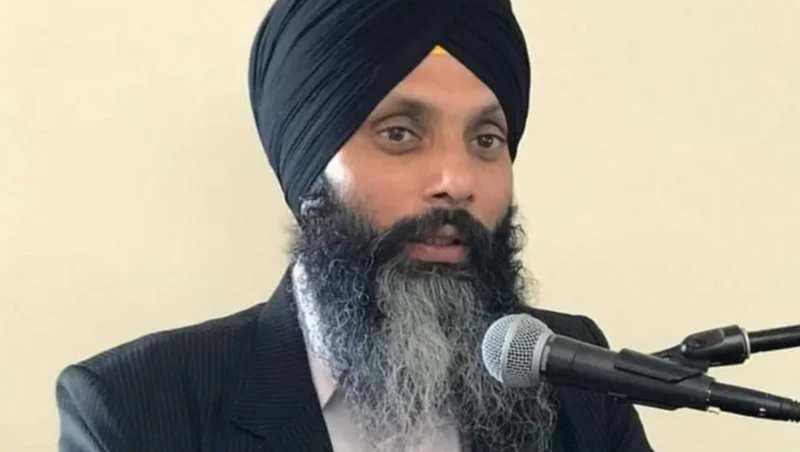
Just hours after the announcement of the expulsion of six Indian diplomats, Canadian police chief Mike Duheme held a news conference in Ottawa, alleging that “agents of the Indian government are involved in criminal activities in Canada, posing a serious threat to local communities and citizens.” Following a joint investigation by various security forces, he claimed that evidence suggested Indian diplomats and consular officials had exploited their positions to engage in covert activities, including gathering information through coercion or collaboration with informants.
Commissioner Duheme noted that some citizens and business owners were coerced into working for the Indian government, which targeted individuals based on the information obtained. Assistant Commissioner Brigitte Gavin revealed that several cases of alleged involvement of Indian agents in serious criminal activities in Canada were under investigation. She specifically mentioned the use of “criminal gangs” to target supporters of Khalistan, singling out the Bishnoi Gang, which allegedly collaborates with Indian agents.
Lawrence Bishnoi, an Indian gangster imprisoned in a Gujarat jail, is accused of multiple murders, including that of Punjabi singer Sidhu Moosewala. He is also suspected in the recent assassination of Mumbai political leader Baba Siddiqui, known for his proximity to Bollywood actors.
India’s Response
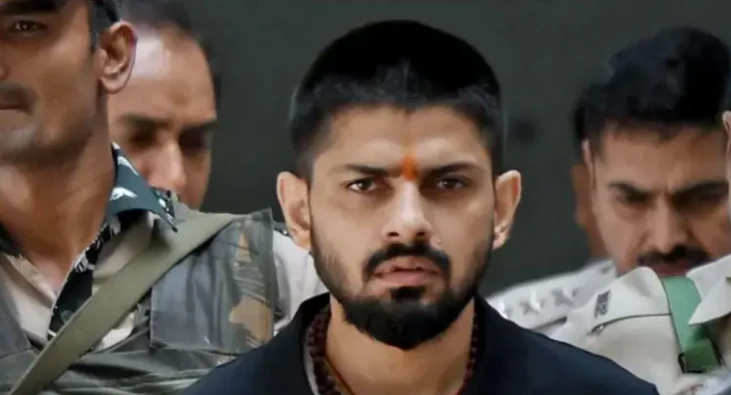
India’s Ministry of External Affairs summoned Canada’s chargé d’affaires in Delhi and expressed that the targeting of Indian diplomats was entirely unacceptable. In a strong statement, India announced its decision to recall its ambassador and the diplomats being targeted due to the current circumstances.
The statement further warned that India reserved the right to take further action against Canada in response to the Canadian government’s support for extremism, violence, and separatism against India.
Canadian Prime Minister Justin Trudeau, alongside the Minister of Foreign Affairs and the Minister of Public Safety, stated in a news conference that he did not want to damage relations but emphasized that India was not cooperating in the investigation. He alleged that Canadian authorities had provided evidence to India regarding the involvement of six Indian diplomats in criminal activities, but the Indian government chose not to cooperate.
Relations between India and Canada had already been strained since September last year when Prime Minister Trudeau accused the Indian government of involvement in Nijjar’s murder. At that time, Canada reported that its national security agencies had credible information suggesting that Indian agents were responsible for the assassination.
Hardeep Singh Nijjar’s Murder
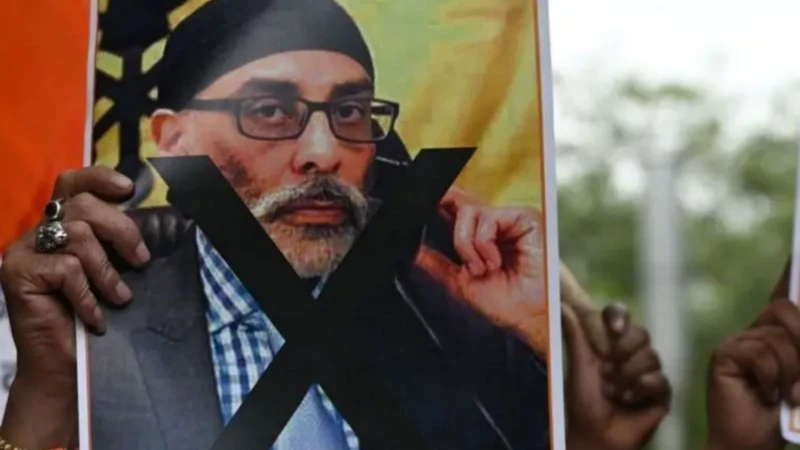
Hardeep Singh Nijjar was a prominent Sikh leader in British Columbia, Canada, advocating for a separate Sikh state in India’s Punjab region. India labeled him a fugitive terrorist. He was shot dead last year, and Canadian police arrested four individuals in connection with the case. Notably, a significant Sikh diaspora from Punjab resides in Canada, exerting considerable influence in local politics.
In June, a Canadian parliamentary committee, referencing intelligence reports, stated that India and China posed the most significant threats to Canada’s democratic institutions. India condemned the report as politically motivated and influenced by Sikh separatists.
The tensions reached a new level when, in May, FBI agents thwarted a plot to kill a Sikh separatist in the U.S., allegedly orchestrated by an Indian intelligence service. A drug dealer named Nikhil Gupta was arrested in the Czech Republic for allegedly receiving $100,000 from an Indian agent to hire a hitman. This case highlighted the escalating tensions between the two nations.
In summary, the accusations against India regarding the assassination of Nijjar have intensified diplomatic tensions, leading to a series of retaliatory measures and highlighting concerns over the involvement of criminal elements in geopolitical disputes.




